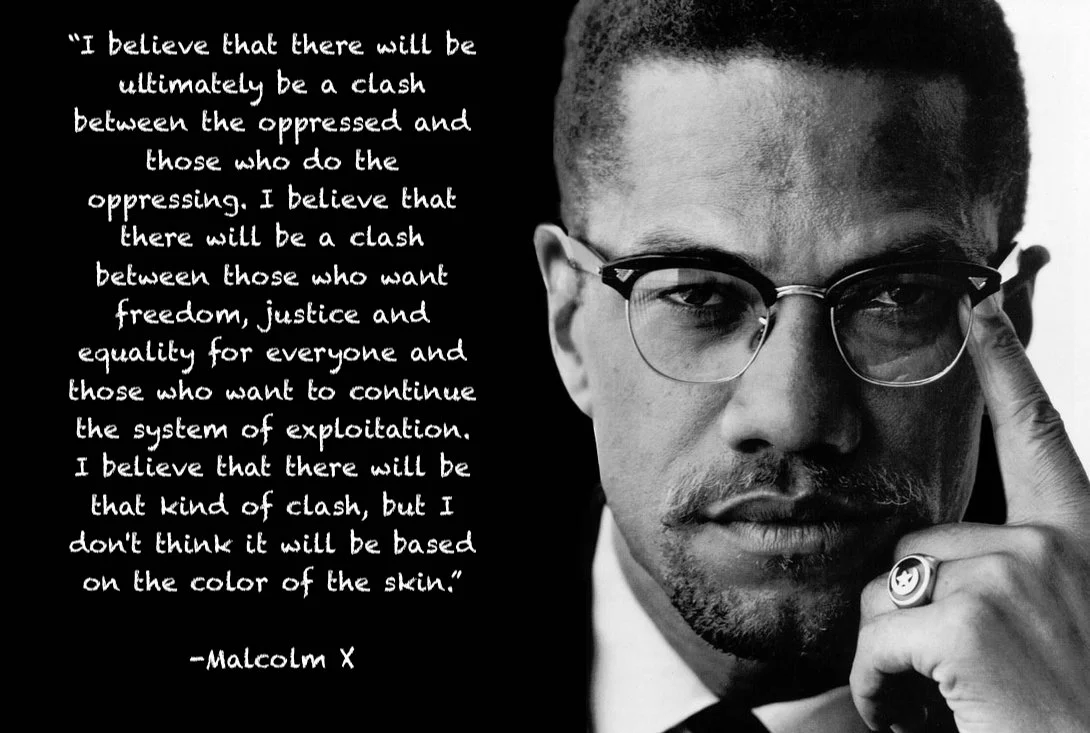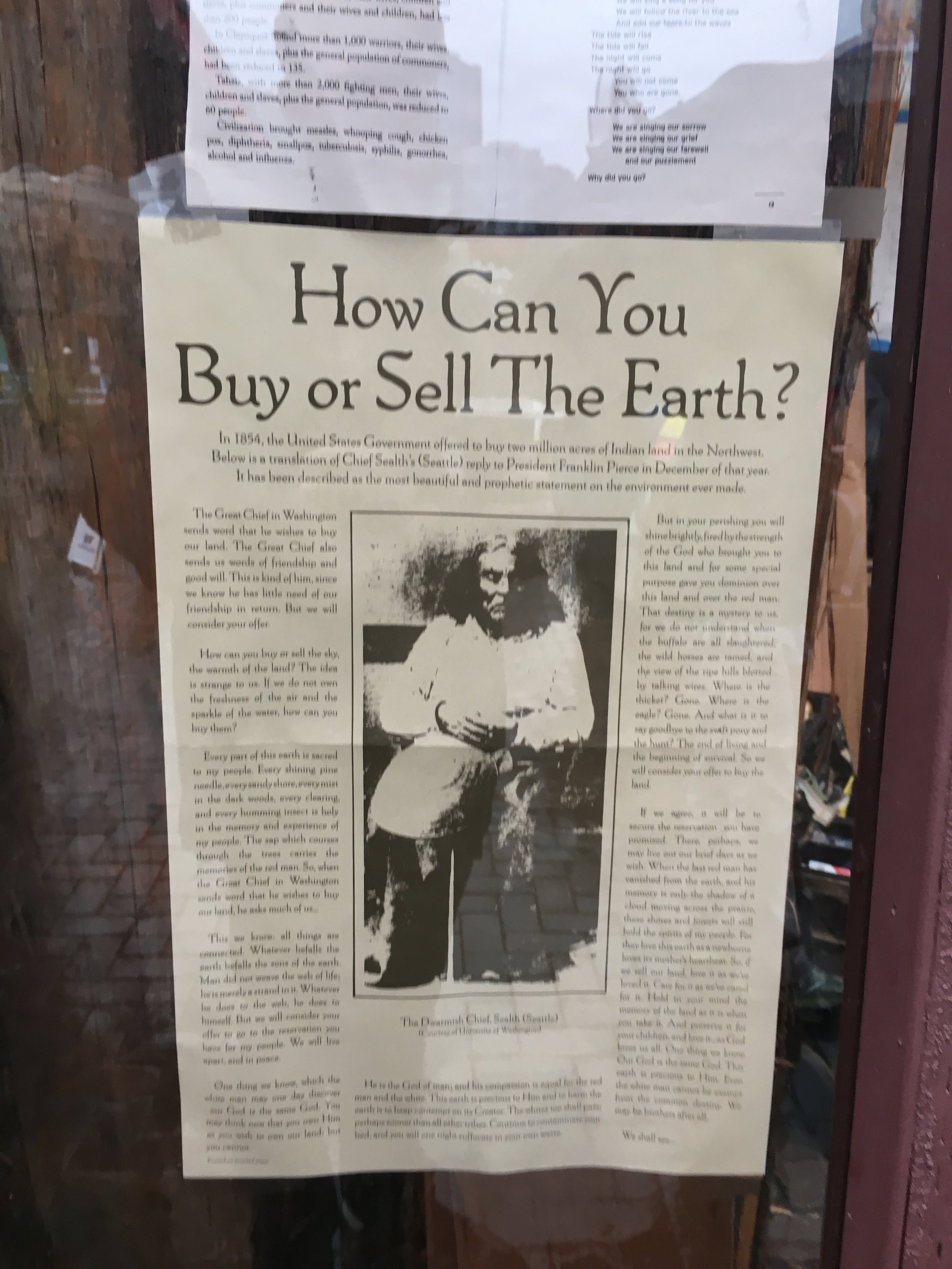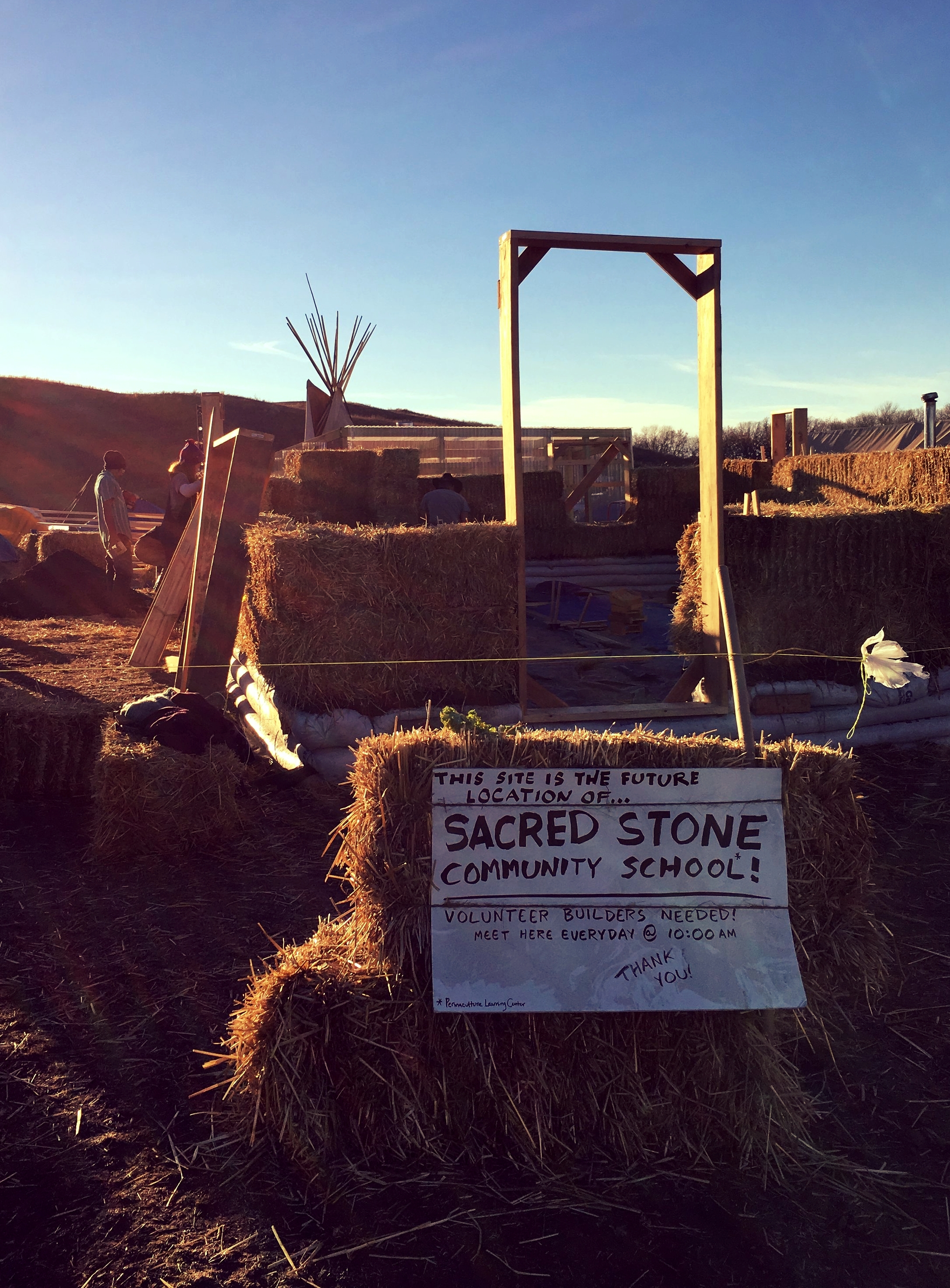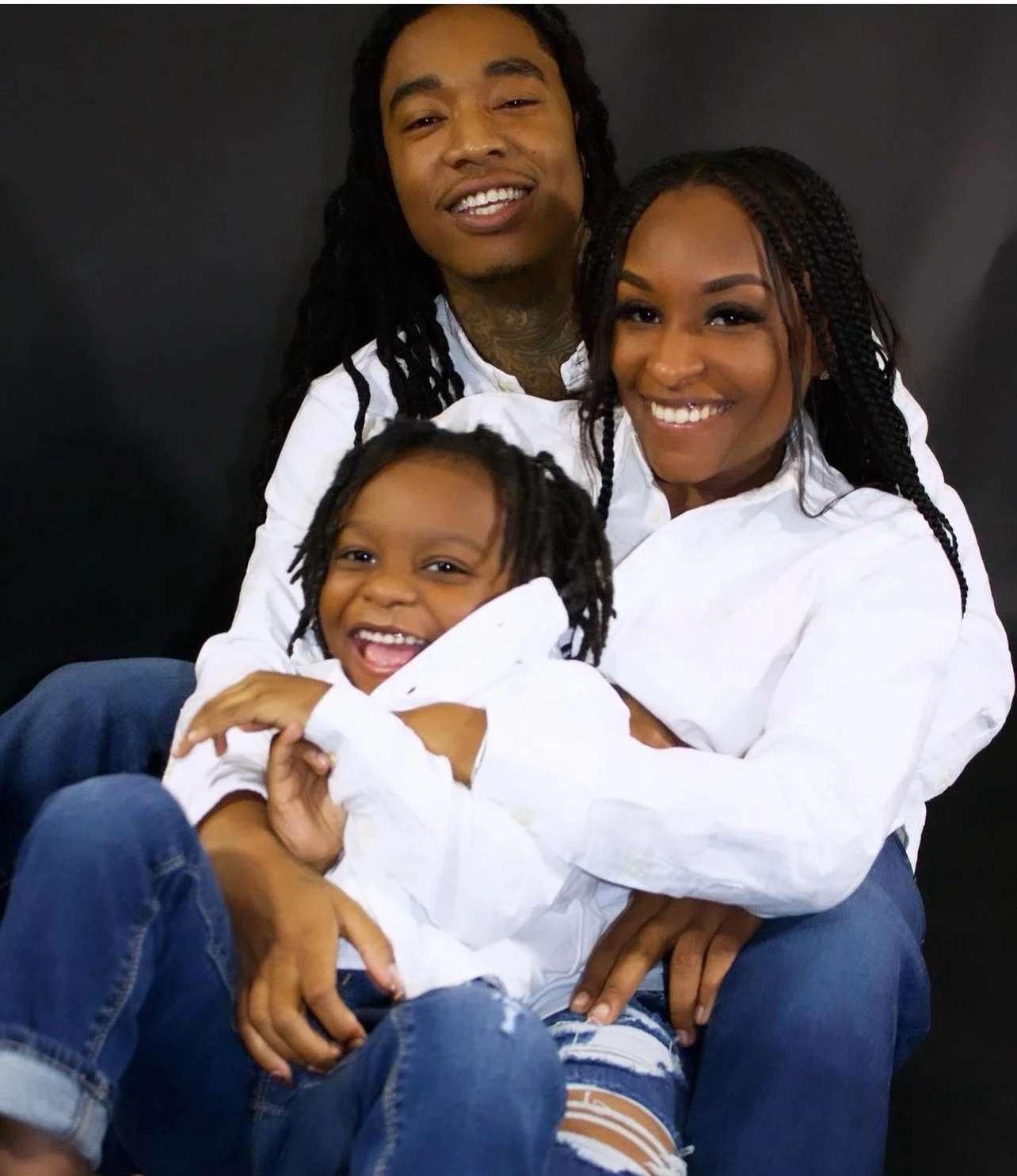Furthermore, schools have always been community centers akin to congregations. Schools are where communities come together to vote, engage in town halls and hear from their elected representatives. They are the places where evening athletic leagues flourish, where families gather for tax filing support and where communities gather to enjoy the arts.
To assert that schools should exist solely as collections of classrooms is to not only deny the reality of schools across the country, but also to waste the potential of using these community centers to promote social justice as defined by that particular school community.
OUR JOBS AS EDUCATORS IS TO EDUCATE NOT INDOCTRINATE
Rochester paints with an absurdly large brush when he argues that, “Educators for social justice are disingenuous in posing as facilitators of student-centered learning when as teachers they have largely foreclosed the discussion or at least steered it toward a preferred outcome.”
To label all educators as disingenuous is lazy and calls into doubt one’s arguments as purely didactical, more concerned with an agenda than honesty. However, if we assume the best, and discuss the argument underlying the insult, there may be some merit.
It is true that our job as educators is to educate, not indoctrinate. It is our job to help students develop the critical skills to be able to think for themselves, not simply to regurgitate the values forced onto them by a chosen curricula. This truth, however, does not call for the elimination of the social justice curriculum, but rather its expansion.
In my classroom, I choose to teach Michelle Alexander’s “The New Jim Crow.” I teach it as a means for building critical reading skills that allow students to identify an author’s central point, analyze the methodology of that argument and to critique the merit of that argument. According to Rochester, since Alexander’s work is decidedly left of center, it has no place in my classroom. What Rochester does not know, however, is that to supplement Alexander’s work, I purposefully choose secondary source materials that run counter to Alexander’s narrative. I ask students to not only analyze the merits of Alexander’s arguments, but their shortcomings as well. In fact, after reading Rochester’s article, I will take his suggestion of including Heather McDonald’s “The War on Cops.”
More and more, our political reality resembles the kindergarten sandbox wherein we yell over each other rather than engage with each other. The point is that we should not shut down the conversation simply because we think the other side’s view might be expressed. That’s not how we get a conversation on social justice to flourish.
WHAT’S JUSTICE ANYWAY?
Lastly, Rochester argues that social justice curricula imply a stagnant set of value systems. He argues that social justice itself is open to interpretation, for exactly what is justice? Fair enough.
But while we may disagree on what justice is, we can likely agree on what justice is not. It is not justice when schools in affluent zip codes have laptops for all students, while those in zip codes of poverty cannot provide every student a book. It is not justice when, according to the Brookings Institute, suspension rates for Black students was 17.8 percent while those for Whites was 4.4 percent.
We will disagree on causes and remedies. We should. That discourse, as Rochester himself argues, is precisely how we can arrive at best solutions. What we cannot do is bury our heads in the sand and abstain from engaging in these discussion for fear of offending one another. And, most importantly, we cannot block our students from having these conversations in school, not when we must soon look to them to solve the ills of their predecessors.












